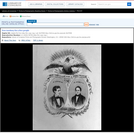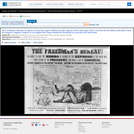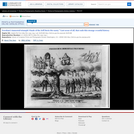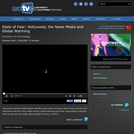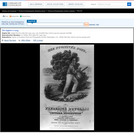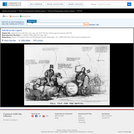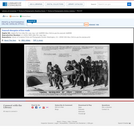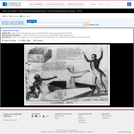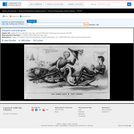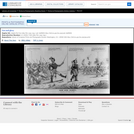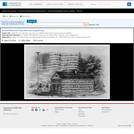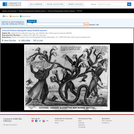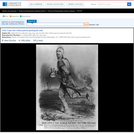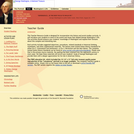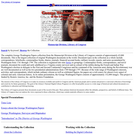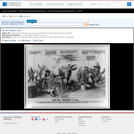
A satire on South Carolina's role as instigator of secessionism in the South. The artist may be lampooning the convention of seceded states which assembled at Montgomery, Alabama, on February 4, 1861. The prominent leaders of the Confederate states are portrayed as foxes. The chief fox (the one "without a tail") is South Carolina governor Francis Pickens. South Carolina was the most radical of the Southern states and the first to leave the Union. Here he tries to entice the others into giving up their tails as well. As the text below puts it, "A cunning fox, having lost his tail in a trap, to save himself from ridicule called a convention of the other foxes and stated to them that having found his tail a great incumbrance he had cut it off, and advised them all to do the same, . . ." Standing on a pedestal supported on the back of a crouching black man, Pickens (center) holds aloft a document "Secession" and says, "All in favor of losing their tails will please say aye contrary no, carried the member from Mississippi will commence operations." The member from Missippi is Jefferson Davis, who stands at right holding a large ax. Before him, with its tail on a block, is a fox "Florida." Davis says (although he doesn't move), "Make ready, take aim, fire! bang!! there she goes slick as a whistle, now then Toombs, your tail if you please, no noise." Georgia secessionist Robert Toombs holds a bowl in front of him, and announces, "After the member from Florida I claim the honor of being the "next Customer." An unidentified man at the far right proclaims, "Until a better substitute is offered, I shal hold on to my tail, that's certain." To the left of Pickens is an ornate table carved with symbols of tyranny and treachery, including a pistol, dagger, crown, whip, and die. On the table rests an inkwell with a statuette of two men fighting with daggers. Behind, two foxes representing Louisiana and Alabama are partly concealed by a large document. On the far left is "Texas," a fox with a foolscap pulled down over its face and holding a musket with bayonet and a liquor bottle. He sings, "Yankee doodle be hanged (hic) Star spangled banner 'hanged, (hic) come lets lick 'er." Another man asks, "In case we cut off our tails and should afterwards repent, is there any description of glue in the market with which we can fasten them on again, and will it stick." In the foreground Buchanan's secretary of the interior Jacob Thompson of Mississippi runs from an emptied safe with a sack of $870,000, saying, "To the victors belong the spoils that good Democractic doctrine." Thompson had resigned the cabinet in 1861. The stolen goods may refer to an episode during his term of office when he was accused of stealing a large sum of money from the Indian funds of the Department of Interior. He was eventually judged innocent of this charge. In the background a fox standing atop a ladder puts a torch to the American flag and eagle.|Drawn by John L. Magee.|Published by John L. Magee, 22 South Fifth St. Phila.|Title appears as it is written on the item.|Weitenkampf, p. 126.|Published in: American political prints, 1766-1876 / Bernard F. Reilly. Boston : G.K. Hall, 1991, entry 1861-8.
- Subject:
- History
- U.S. History
- Material Type:
- Diagram/Illustration
- Primary Source
- Provider:
- Library of Congress
- Provider Set:
- Library of Congress - Cartoons 1766-1876
- Date Added:
- 06/13/2013

